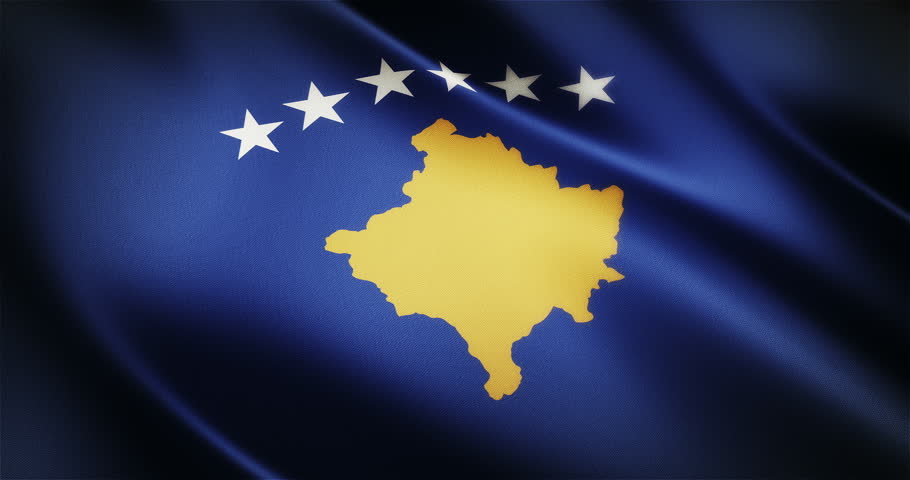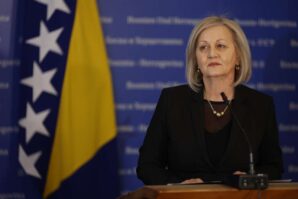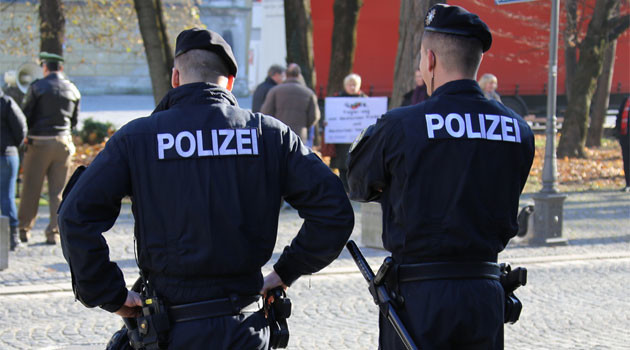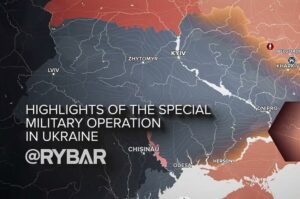
Combatting genocide denialism was the main discussion in a webinar on Wednesday night run by Remembering Srebrenica UK, featuring a panel of experts and survivors who agreed that positive government intervention is key.
Emir Suljagić, Director of Srebrenica Memorial Centre and genocide survivor, said that the prevalence of genocide denial on social media is a result of “institutional denial.”
“What we see online, what we see on social media in terms of denial is no more than a reflection of institutional policies pursued by the Bosnian-Serb government,” Mr Suljagić said in the webinar.
“It’s not going to stop until the government actually stops doing that, until the media owned by the government stops perpetuating that….it’s a top down process.”
Mr Suljagić added that “denial today is the ultimate expression of the genocidal intent from 25 years ago”, and said “it’s not going to stop until the government stops.”
Last month, the Institute for Research of Genocide Canada called on Facebook to ban Srebrenica genocide denial after the social networking site announced it was banning Holocaust denial content on the platform, but no official statement was issued on its intent to ban denial of the genocide in Srebrenica.
According to Bosnian genocide expert Dr David Pettigrew, the initial step to overcoming genocide denial is recognising the varying ways it presents itself.
“First we need to understand the scope of denial,” he said, “denial is taking many forms that have to be addressed and resisted…from spoken denials, to the glorification of war criminals and of the atrocities.”
Dr Pettigrew listed various statues, plaques and monuments which have erected in Republika Srpska and one in the Brcko District which he described as “celebrating the people who committed the atrocities”.
“The one in Brcko that I saw last summer was dedicated ‘to the Serb defenders of Brcko’, so it’s turning a genocide into a defense,” he said in the webinar.
The genocide expert stated that these monuments were “colonising the cultural landscape with this narrative of revisionism and denial,” and acted as an intimidation tactic to deter people from returning to their pre-war homes and localities.
“I think it’s a kind of continuation of the genocide to intimidate people who would like to return to their homes from which they were forcibly expelled by atrocities, that have been ruled war crimes, including genocide,” Dr Pettigrew said.
A man forced to flee from his home in Brcko as a child in 1992 who did not attend the webinar and wishes to remain anonymous due to fear of online backlash, told the Sarajevo Times that when he returned to his hometown in 2019 for the first time, he felt angry and uncomfortable about the monument in the centre of his hometown.
“Seeing the monument dedicated to those I remember were actual aggressors, made me feel utterly unsafe and unwelcome,” he told the Sarajevo Times.
“I heard of it before arriving, but actually seeing it there was an insult to everything that happened there…makes me sick…it was an insult to all the spiritual injury I had carried for 28 years.
“Three days there [in Brcko] were all I could take before leaving again,” he said.
According to Dr Pettigrew, for reconciliation to occur, there is a need for laws to be implemented prohibiting genocide denial and the glorification of war criminals, as well constitutional reforms to allow disenfranchised Bosnians and their descendants to vote in elections, on behalf of those who cannot vote due to the genocide that occurred.
He also said that allowing memorial centres in Republika Srpska would be a step in the right direction.
“If remembering the atrocities were permitted publicly, that would be a pathway for reconciliation because that would be accepting the truth,” Dr Pettigrew said.
Although High Representative Valentin Inzko told the media that legislation banning denial of genocide would be adopted by the 2020 anniversary of the massacres in Srebrenica,no such law has been created.
The webinar was the last of a three part series honouring the ‘Untold Killing’ podcast launch, which was created as a commemorative project to mark 25 years since the Srebrenica massacre in eastern Bosnia in July 1995.
In commenting on the podcast, survivor and Deputy Director of Communications and Commemorations Arnesa Buljušmić-Kustura said it was created as “a vehicle for story telling” and “for survivors to be able to freely express themselves”, adding, “it’s literally in your ear, you can’t ignore it.”
The final episode in the ‘Untold Killing’ podcast will air on Thursday 26 November.
Written by Miya Yamanouchi for the Sarajevo Times.



















